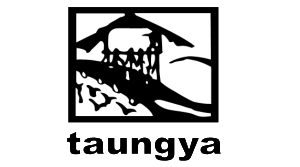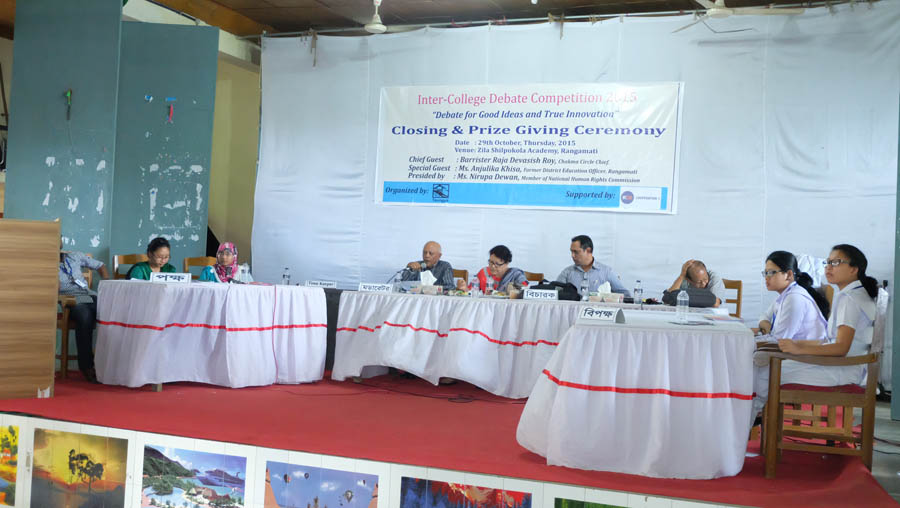Even if the process of globalization that is currently taking place is weakened or reversed in the near future, we feel that the CHT will still continue to be integrated into the Bangladeshi market. at a very fast pace . This is because the CHT is still rich in natural resources. Therefore, it is of the utmost importance to ensure that CHT society can achieve at least moderate success in human development. Without educational progress, social and economic progress will not be possible, and the people of the CHT will continue to be marginalized politically as well. Thereby, their cultural integrity will also be threatened.
We mention many areas in our policy goals, but we are aware that it is not possible for Taungya to work on all or even most of the aforesaid issues in the next few years. Therefore, our Action Plan will fine-tune in on our proposed activities in the short, middle and long terms. We are aware that priorities may also change over time.
Taungya intends to be a catalyst towards the articulation of the development perspectives of the people of the CHT and their views on indigenous culture and environment, among other things. Therefore, it is important that Taungya’s work has an impact on the greatest number of people possible. However, Taungya realizes that given the shortcomings of a voluntary organization, it will not be possible to be in direct contact with the entire population of the CHT. Therefore, the emphasis will be to combine efforts aimed at reaching the greatest number of people directly, through specific projects and dialogues, and through indirect means such as networking with other organizations and through its research and advocacy activities. Formal and informal publications will play a key role in this regard.

